The Parley of Instruments, Roy Goodman - Purcell: The Complete Ayres for the Theatre (2009) CD-Rip
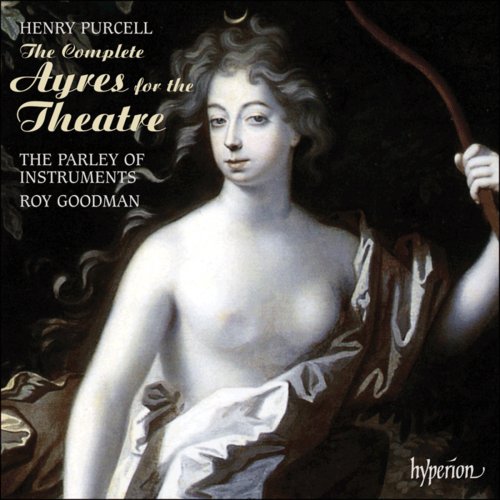
Artist: The Parley of Instruments, Roy Goodman
Title: Purcell: The Complete Ayres for the Theatre
Year Of Release: 2009
Label: Hyperion: CDS44381/3
Genre: Classical
Quality: FLAC (image+.cue,log,scans)
Total Time: 3:28:36
Total Size: 1 GB
WebSite: Album Preview
Tracklist:Title: Purcell: The Complete Ayres for the Theatre
Year Of Release: 2009
Label: Hyperion: CDS44381/3
Genre: Classical
Quality: FLAC (image+.cue,log,scans)
Total Time: 3:28:36
Total Size: 1 GB
WebSite: Album Preview
CD1
[1]-[9] Music in "The Prophetess; or, The History of Dioclesian"
[10]-[22] Music in "King Arthur; or, The British Worthy"
[23]-[40] Music in "The Fairy Queen"
[41]-[50] Music in "The Indian Queen"
CD2
[1]-[9] Music in "The Married Beau; or, The Curious Impertinent"
[10]-[18] Music in "The Old Batchelor"
[19]-[26] Music in "Amphitryon; or, The Two Sosias"
[27]-[35] Music in "The Double Dealer"
[36]-[43] Music in "Distress'd Innocence; or, The Princess of Persia"
[44]-[51] Music in "The Gordion Knot Unty'd"
CD3
[1]-[9] Music in "Abdelazar; or, The Moor's Revenge"
[10]-[18] Music in "Bonduca; or, The British Heroine"
[19]-[27] Music in "The Virtuous Wife; or, Good Luck at Last"
[28]-[31] Sonata While the Sun Rises in 'The Fairy Queen'
[32] Overture in G minor
[33] Overture to 'Sir Anthony in Love; or The Rambling Lady'
[34]-[35] Music in "Timon of Athens; or, The Man-Hater"
[36] Symphony in 'The Indian Queen'
Notes and Editorial Reviews
For avid Purcellians, this monument of 137 tracks represents one of the final pieces in the jigsaw; we have had 'complete' sets of odes, anthems, and songs from Hyperion and now finally we have this satisfying anthology of posthumously published instrumental music. The difference between this latest 'completist' project and the others is that all these works were published within 18 months of Purcell's death. The 13 suites of choice movements from plays and semi-operas, entitled A Collection of Ayres, compos'd for the Theatre, and upon other occasions, may well have been the editing work of Purcell's brother, Daniel. Whoever it was had a rare combination of musical integrity and commercial flair: the pieces lifted from Purcell's interpolations to plays are often re-ordered and arranged with a deftness and charm which conveys the spirit of the theatre as well as heightening - in the way that only abstract music can - the loss and poignancy of Purcell's passing. How moving the Rondeau Minuet from The Gordian Knot Unty'd must have seemed to those who knew and loved Purcell. As a major retrospective of Purcell's life in the theatre, the Ayres for the Theatre mainly comprise instrumental dances from their original sources, though there are several movements readapted from sung airs, such as "Fairest isle" from King Arthur and "If love's a sweet passion" from The Fairy Queen - some possibly arranged by Purcell himself. The publisher's prime motivation was, plainly, to cash in on the part of Purcell's output likely to tickle popular sensibilities and bring fashionable theatrical styles into people's homes. Indeed, as Peter Holman tells us in his informative notes, this publication started a small craze with over 50 other theatre suites by Purcell's contemporaries appearing in print in the early 1700s.
By and large, such a recording project cannot fail. The tunes are wonderful and varied, the inner part-writing as skilful as Muffat and Rameau (to name two other composers who bring fine counterpoint to slight forms) and the rhythmic imagination knows no bounds. Even so, this is not music where more than a suite at a time can be recommended for ultimate satisfaction: stop while you still want more. And more you will most certainly want with Roy Goodman's alert and distinctive direction. Nearly ten years ago, Goodman and Peter Holman recorded this music in a series of programmes for the BBC alongside suites by Purcell's peers. There is a greater aplomb and colour nowadays, a far keener sense of shape and understanding to Purcell's blend of elusive sideglances and uninhibited bravura. If a few of the movements sound a touch mundane and lack dynamism as one follows on from another (the Dioclesian music, using the full 'four and twenty fiddlers' here, is strangely subdued), the positive side is that the performances are never forced and rarely mannered. For the semi-opera 'suites', Goodman employs a full orchestra. The familiarity of this repertoire is both its strength and failing. Familiarity hardly breeds contempt but I marginally prefer the Freiburg Baroque Orchestra's riper tonal palette and greater sense of discovery in King Arthur and the like (though the suites here are selfdesigned).
What The Parley of Instruments have in abundance, especially in the incidental music from the plays, is a cordiality of expression which seems so absolutely right, especially in the slower airs (such as the one in The Married Beau or The Scotch Tune in Amphitryon). One can easily make too much of these pieces and yet when pathos is demanded, Goodman does not shirk. Again, Amphitryon is the model, or the richly harmonized Slow Air in Distressed Innocence. The smaller group for the incidental music to spoken plays uses only a quartet of one-to-a-part strings and plucked continuo. If the musicological reason is that a small gallery could not contain more than a few players, it also makes economic sense now as it did then. But it is also a highly effective scoring where the intimacy of the consort has much to commend it in this music. As most of the recording is performed in this medium, a strong recommendation is emerging, especially for Amphitryon, The Gordian Knot, Abdelazer and Bonduca, the latter with Crispian Steele-Perkins on best form with that unique timbre to the English trumpet which few, if any, other than he can project so beautifully. A most welcome release, then, and one to which I shall regularly return.
For avid Purcellians, this monument of 137 tracks represents one of the final pieces in the jigsaw; we have had 'complete' sets of odes, anthems, and songs from Hyperion and now finally we have this satisfying anthology of posthumously published instrumental music. The difference between this latest 'completist' project and the others is that all these works were published within 18 months of Purcell's death. The 13 suites of choice movements from plays and semi-operas, entitled A Collection of Ayres, compos'd for the Theatre, and upon other occasions, may well have been the editing work of Purcell's brother, Daniel. Whoever it was had a rare combination of musical integrity and commercial flair: the pieces lifted from Purcell's interpolations to plays are often re-ordered and arranged with a deftness and charm which conveys the spirit of the theatre as well as heightening - in the way that only abstract music can - the loss and poignancy of Purcell's passing. How moving the Rondeau Minuet from The Gordian Knot Unty'd must have seemed to those who knew and loved Purcell. As a major retrospective of Purcell's life in the theatre, the Ayres for the Theatre mainly comprise instrumental dances from their original sources, though there are several movements readapted from sung airs, such as "Fairest isle" from King Arthur and "If love's a sweet passion" from The Fairy Queen - some possibly arranged by Purcell himself. The publisher's prime motivation was, plainly, to cash in on the part of Purcell's output likely to tickle popular sensibilities and bring fashionable theatrical styles into people's homes. Indeed, as Peter Holman tells us in his informative notes, this publication started a small craze with over 50 other theatre suites by Purcell's contemporaries appearing in print in the early 1700s.
By and large, such a recording project cannot fail. The tunes are wonderful and varied, the inner part-writing as skilful as Muffat and Rameau (to name two other composers who bring fine counterpoint to slight forms) and the rhythmic imagination knows no bounds. Even so, this is not music where more than a suite at a time can be recommended for ultimate satisfaction: stop while you still want more. And more you will most certainly want with Roy Goodman's alert and distinctive direction. Nearly ten years ago, Goodman and Peter Holman recorded this music in a series of programmes for the BBC alongside suites by Purcell's peers. There is a greater aplomb and colour nowadays, a far keener sense of shape and understanding to Purcell's blend of elusive sideglances and uninhibited bravura. If a few of the movements sound a touch mundane and lack dynamism as one follows on from another (the Dioclesian music, using the full 'four and twenty fiddlers' here, is strangely subdued), the positive side is that the performances are never forced and rarely mannered. For the semi-opera 'suites', Goodman employs a full orchestra. The familiarity of this repertoire is both its strength and failing. Familiarity hardly breeds contempt but I marginally prefer the Freiburg Baroque Orchestra's riper tonal palette and greater sense of discovery in King Arthur and the like (though the suites here are selfdesigned).
What The Parley of Instruments have in abundance, especially in the incidental music from the plays, is a cordiality of expression which seems so absolutely right, especially in the slower airs (such as the one in The Married Beau or The Scotch Tune in Amphitryon). One can easily make too much of these pieces and yet when pathos is demanded, Goodman does not shirk. Again, Amphitryon is the model, or the richly harmonized Slow Air in Distressed Innocence. The smaller group for the incidental music to spoken plays uses only a quartet of one-to-a-part strings and plucked continuo. If the musicological reason is that a small gallery could not contain more than a few players, it also makes economic sense now as it did then. But it is also a highly effective scoring where the intimacy of the consort has much to commend it in this music. As most of the recording is performed in this medium, a strong recommendation is emerging, especially for Amphitryon, The Gordian Knot, Abdelazer and Bonduca, the latter with Crispian Steele-Perkins on best form with that unique timbre to the English trumpet which few, if any, other than he can project so beautifully. A most welcome release, then, and one to which I shall regularly return.
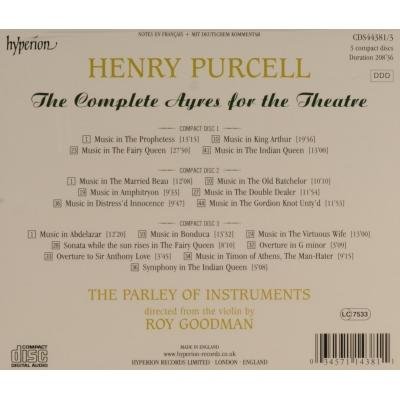
Download Link Isra.Cloud
The Parley of Instruments, Roy Goodman - Purcell: The Complete Ayres for the Theatre (2009)
My blog
The Parley of Instruments, Roy Goodman - Purcell: The Complete Ayres for the Theatre (2009)
My blog
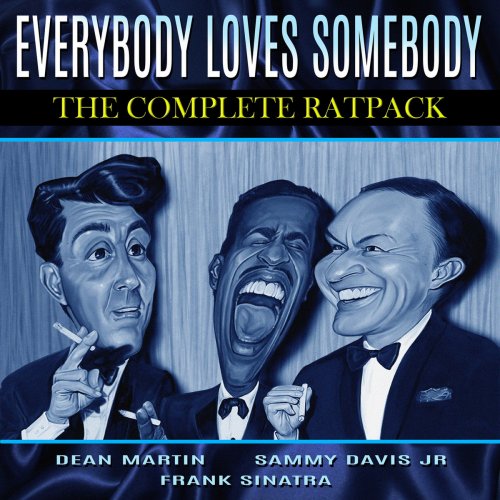
![Nicole Zuraitis - Holiday Up EP (2025) [Hi-Res] Nicole Zuraitis - Holiday Up EP (2025) [Hi-Res]](https://www.dibpic.com/uploads/posts/2025-12/1765478937_cover.jpg)
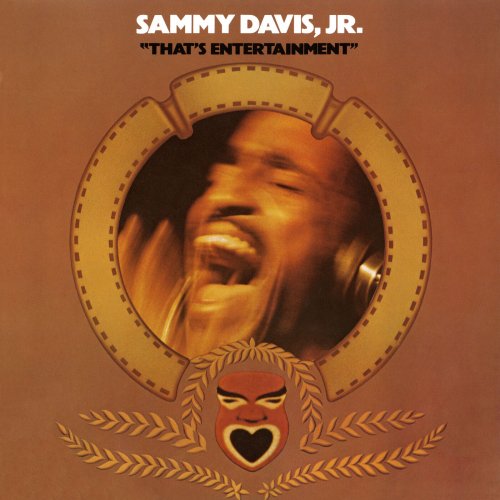
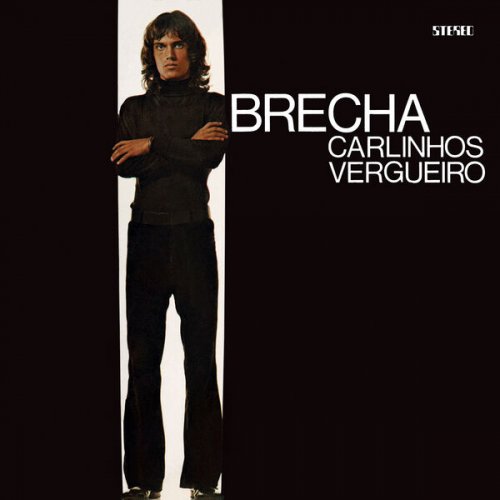
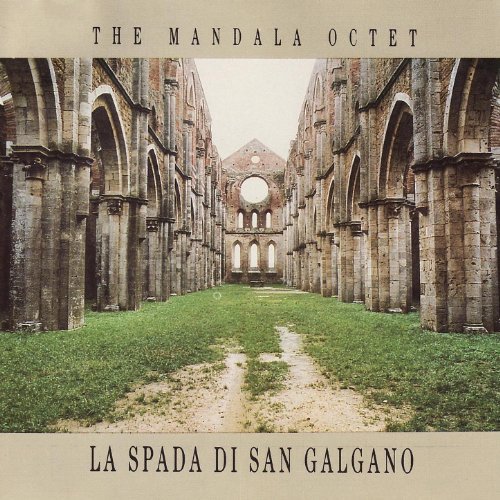
![Tomasz Stanko - Unit (Polish Radio Sessions vol. 2/6) (2025) [Hi-Res] Tomasz Stanko - Unit (Polish Radio Sessions vol. 2/6) (2025) [Hi-Res]](https://www.dibpic.com/uploads/posts/2025-12/1765796826_cover.jpg)
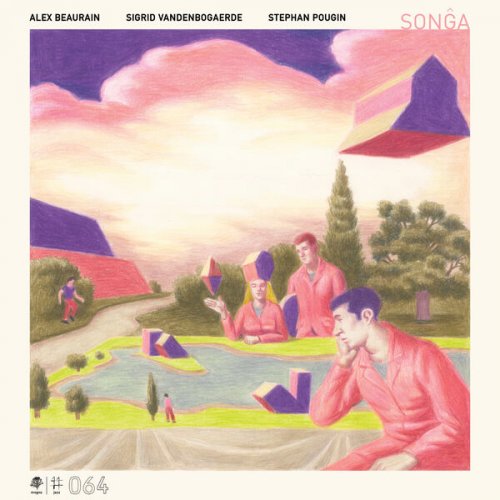
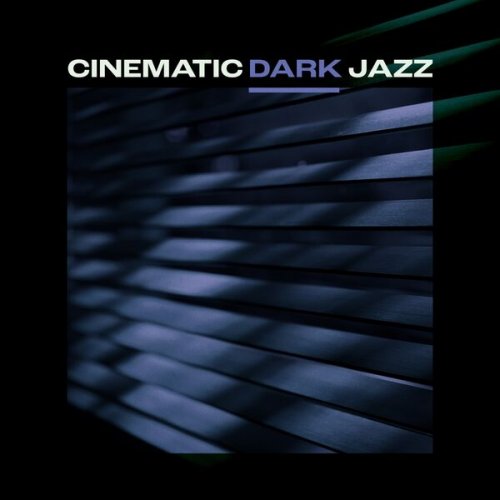
![Ben Aylon, Roei Hermon - SMALL ROOM IN DAKAR (2025) [Hi-Res] Ben Aylon, Roei Hermon - SMALL ROOM IN DAKAR (2025) [Hi-Res]](https://www.dibpic.com/uploads/posts/2025-12/1765640683_pl8lfacmwajwc_600.jpg)